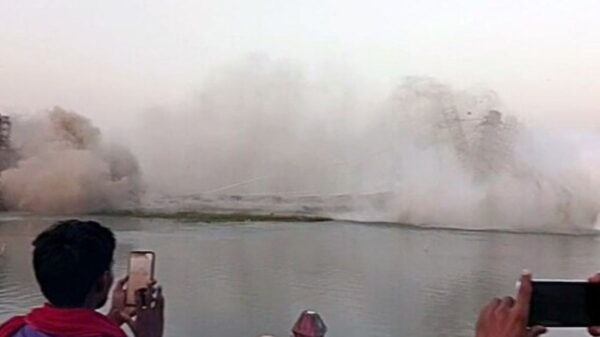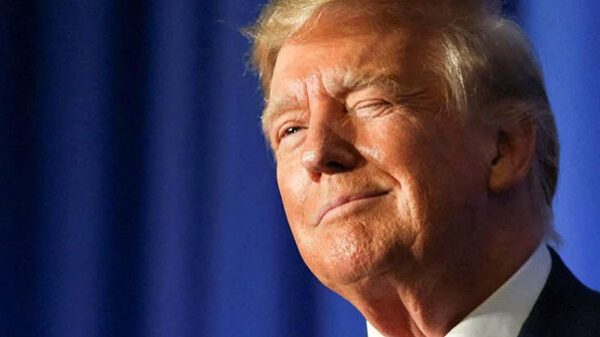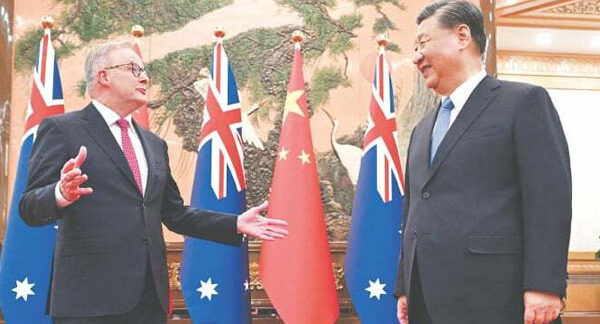North Korea’s Provocation Escalates: Two Ballistic Missiles Launched Amid Heightening Tensions
In an apparent show of strength amid escalating regional tensions, North Korea launched two ballistic missiles off its east coast on Monday, as reported by the South Korean military. Concurrently, a US nuclear-capable submarine arrived at Seoul’s naval base, adding to the already heightened situation.
Japan’s defense ministry also confirmed the launch of ballistic missiles by North Korea, both of which landed outside its exclusive economic zone (EEZ). This latest missile firing occurs amidst nuclear threats exchanged between Korea and the US expressing its commitment to defend its allies if attacked.
In response to North Korea’s aggressive actions, the US and its allies are intensifying military cooperation, conducting military drills, and enhancing combat readiness. Last week, the US nuclear-capable submarine’s arrival off the South Korean coast further fueled tensions, prompting a nuclear threat from North Korea, indicating the possibility of using nuclear weapons on Seoul.
The United States stated that it is closely consulting with its allies about the missile launches, which are deemed destabilizing. However, the US military clarified that the launches did not pose an immediate threat to US personnel, territory, or its allies.
Meanwhile, a nuclear-powered US submarine arrived at a South Korean naval base in Jeju for a mission involving loading military supplies, as reported by the South Korean Navy.
Last week, North Korea fired two intercontinental ballistic missiles (ICBMs) shortly after the arrival of the US submarine, which had returned to protect South Korea and US allies from potential aggression by North Korean leader Kim Jong Un.
The latest missile launches follow North Korea’s testing of its Hwasong-18 ICBM, seen as a warning to the US and its adversaries.
Additionally, tensions were sparked last week when a US soldier, Private 2nd Class Travis King, crossed the inter-Korean border and entered North Korea while being escorted back to the US for disciplinary reasons, creating a fresh crisis between Washington and Pyongyang.
Leif-Eric Easley, a professor at Ewha University in Seoul, noted that North Korea’s latest missile launches may not be directly related to the incident with the American soldier, but such occurrences do not contribute to easing the already tense situation in the region.








